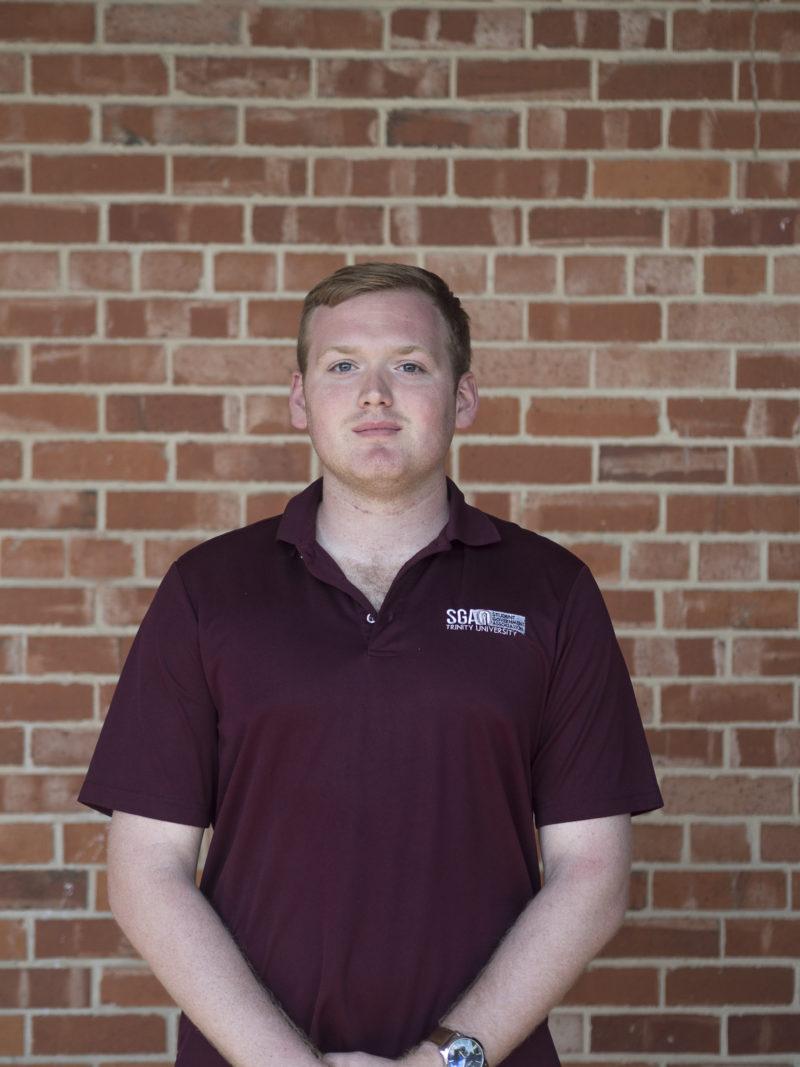Progressives at Trinity have much to be thankful for this year. The progressive nanny state at Trinity has taken a surprisingly large jump in size, especially compared to the years past.
The nanny state is defined as “a government that makes decisions for people that they might otherwise make for themselves, especially those relating to private and personal behaviour.” This is the vein of progressive thought which brings about taxes, bans on behavior, or restrictions on behavior that the progressive doesn’t find pleasing.
In the past year, Trinity has announced a number of groundbreaking progressive policies. These policies have been implemented with the intent to make Trinity a safer, more secure and healthier campus. Trinity has announced a complete and total ban on tobacco products on campus and further restrictions on students’ access to residence halls. These are strong progressive policies that should please our seemingly progressive student body. Students should look forward to the warm comforting arms of the now-slightly-bigger Trinity nanny state.
The tobacco ban is a perfect example of the progressive nanny state slogan: “If you don’t like it, ban it.” Until this August, anyone on Trinity’s campus was allowed to smoke in designated smoking areas, much like in most places in the real world. However, the administration decided last year to become part of an initiative to go completely tobacco-free. Students were technically asked for their input at a town hall event, but we were also told that regardless of student input, the ban would be going into effect.
I personally find smoking a nuisance, as it smells terrible, makes the air hard to breathe and brings back memories of my first-year roommate filling a large Amazon box up with cigarette butts.
However, I believe that it is someone’s personal choice as to whether or not they engage in the behavior, not that of the university they attend. But from a progressive lens, the tobacco ban is a beautiful step toward the utopia of their dreams. The tobacco ban is a beautiful, progressive move down the slippery slope of health. How long until Trinity, in the name of health, moves to become more restrictive in other areas of our lives? Why not put students on a specific Trinity diet? Why not be uber-progressive and ban the serving of meat? Mandatory vegetarianism would save students years of their lives, which they can then spend telling people about vegetarianism. Yes, smoking is a nasty habit that is dangerous for people’s health. But with a smoking ban in place, what will the next target be? When thinking about the effects of potential policies, one must keep in mind what new proposals could result from the implementation of the policy. Now that smoking’s no longer a problem on campus, what happens next?

This semester, students discovered that, for some reason, City Vista residents had their access to all on-campus residence halls revoked. The progressive should be happy about City Vista students’ inability to access campus residence halls. After all, nanny states claim that their main concern is our safety. Students voiced their concern with the new policy. David Tuttle, dean of students, announced that his decision was final because this was necessary due to some sort of software requirement and security purposes.
“With this decision we have prioritized security over convenience,” Tuttle wrote in a campus-wide email on Aug. 24. This, of course, raises the question of what security threat our off-campus students and City Vista residents pose to students living in the residence halls. If they pose such a danger, then why do we allow them to attend classes with on-campus students? Does something strange happen to students who live away from campus that somehow makes them so hyper-dangerous that they must have their access to the residence halls revoked? But from a progressive perspective, wouldn’t it be best to remove the potential risks involved when people interact with each other? Wouldn’t the most progressive option, which Tuttle threatened at the Sept. 11 SGA meeting, be to only allow on-campus students access to their residence hall specifically?
On both of these issues, Trinity students were not seriously asked for their consent in the matter. On the smoking ban, we were told that the policy would be put in place regardless of how the students feel, though the administration did ask for feedback. On the question of campus access, we were told that the policy was in place, regardless of how students felt. The policy remains in place even though the overwhelming student opinion is that City Vista students should have access to the residence halls (as seen on the student response whiteboard in Coates University Center).
Maybe this is what progress looks like to the progressive. Students simply can’t make these decisions for themselves. Maybe this will give you some thought that just because the word “progress” or “progressive” is attached to a policy, that doesn’t mean it will help further society. With every action and policy there are consequences both intentional and unintentional. It remains to be seen what the consequences will be for both of these progressive policies that have been implemented this semester.




